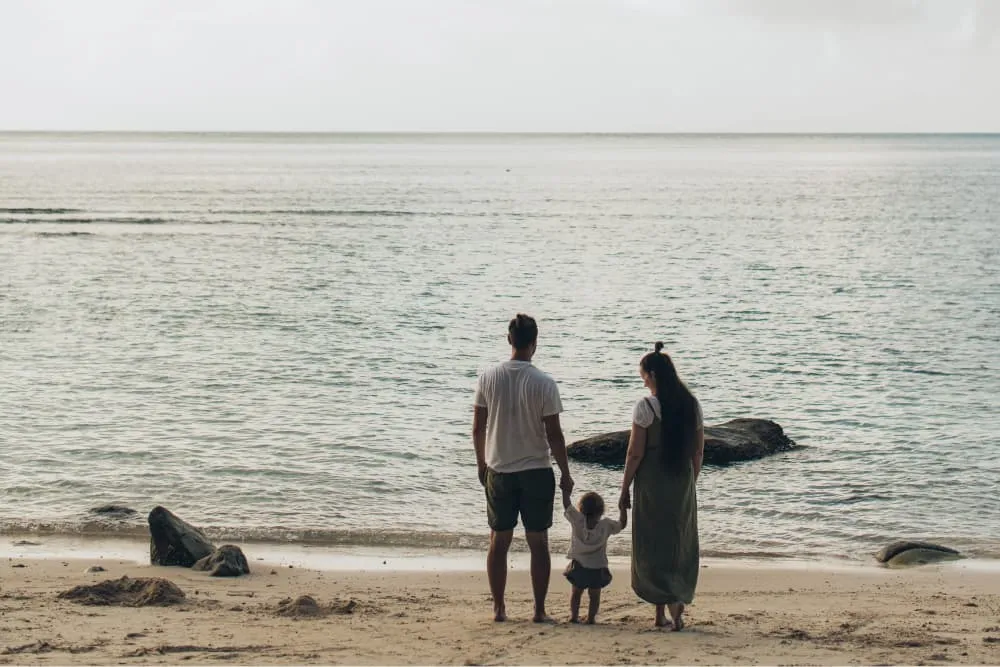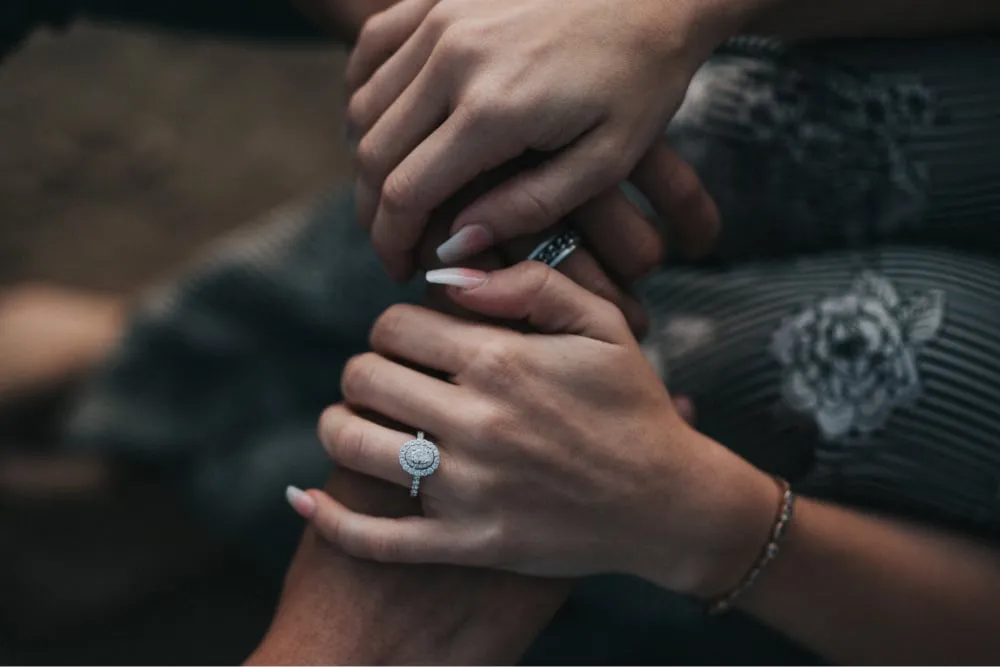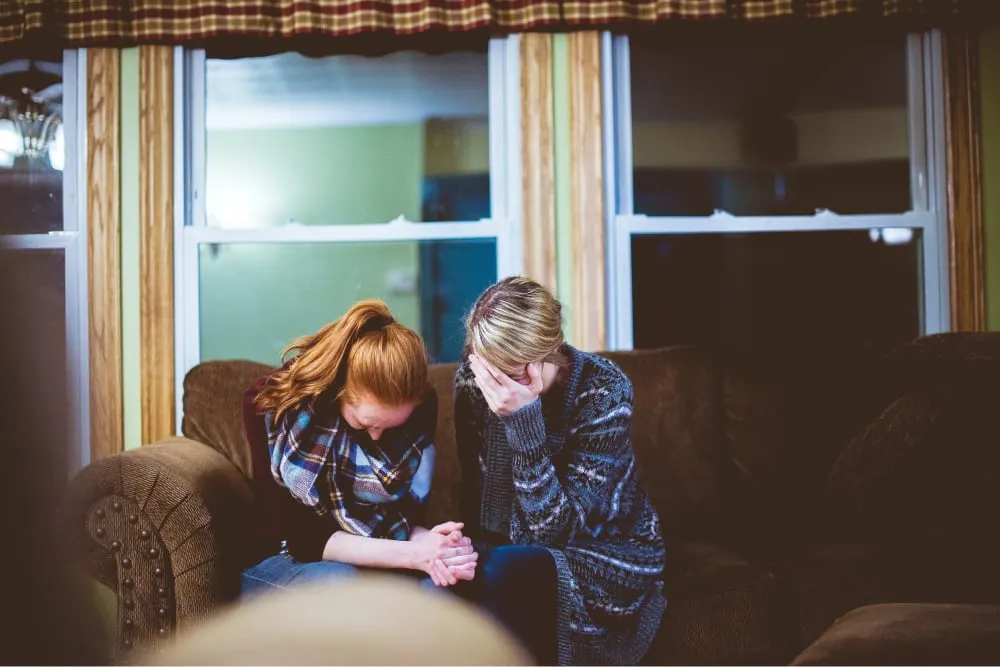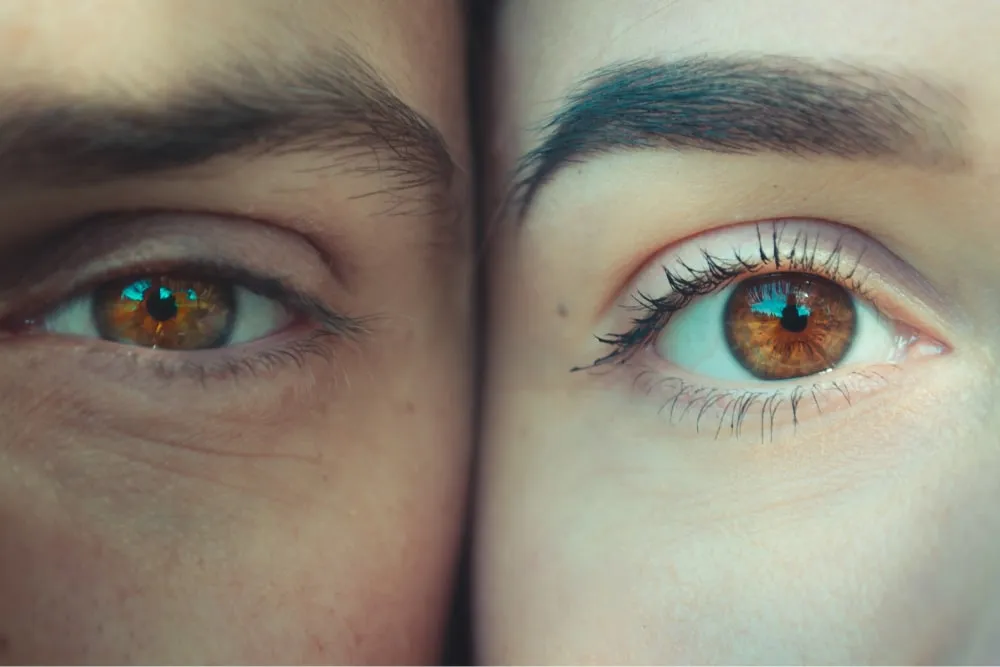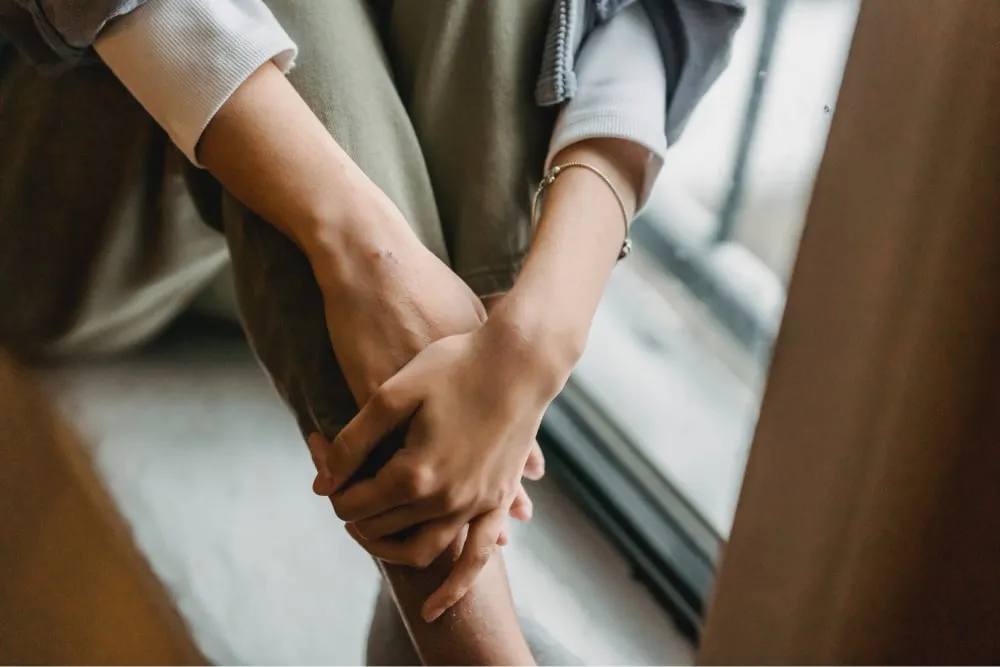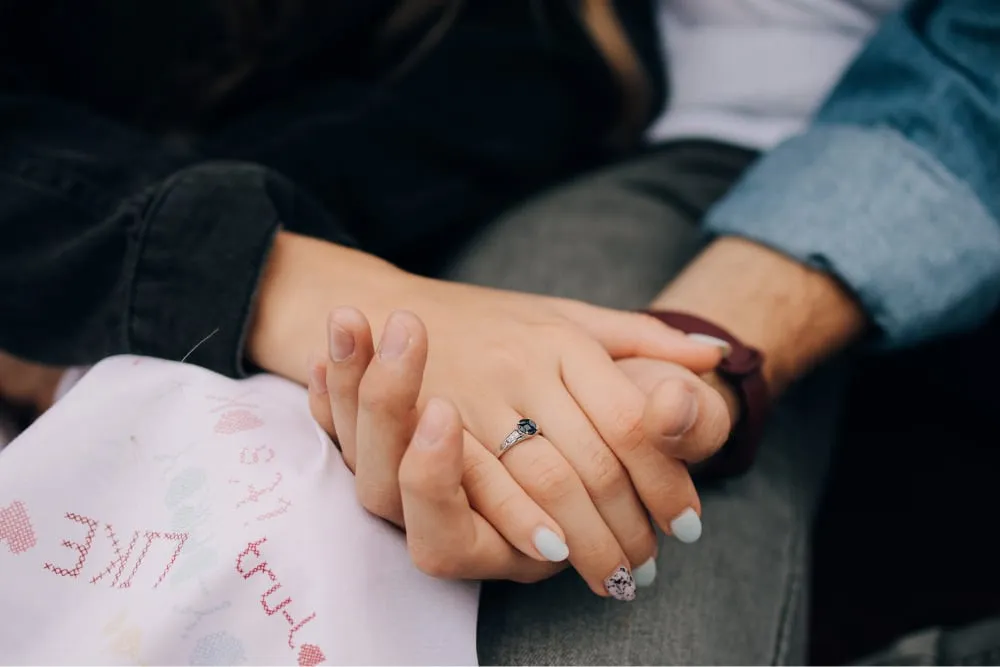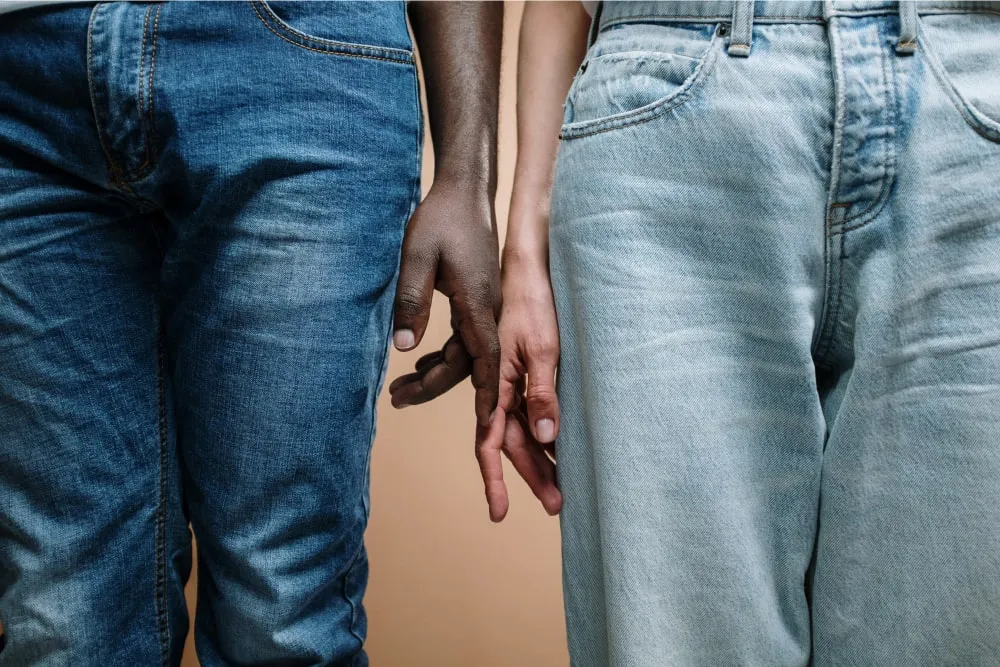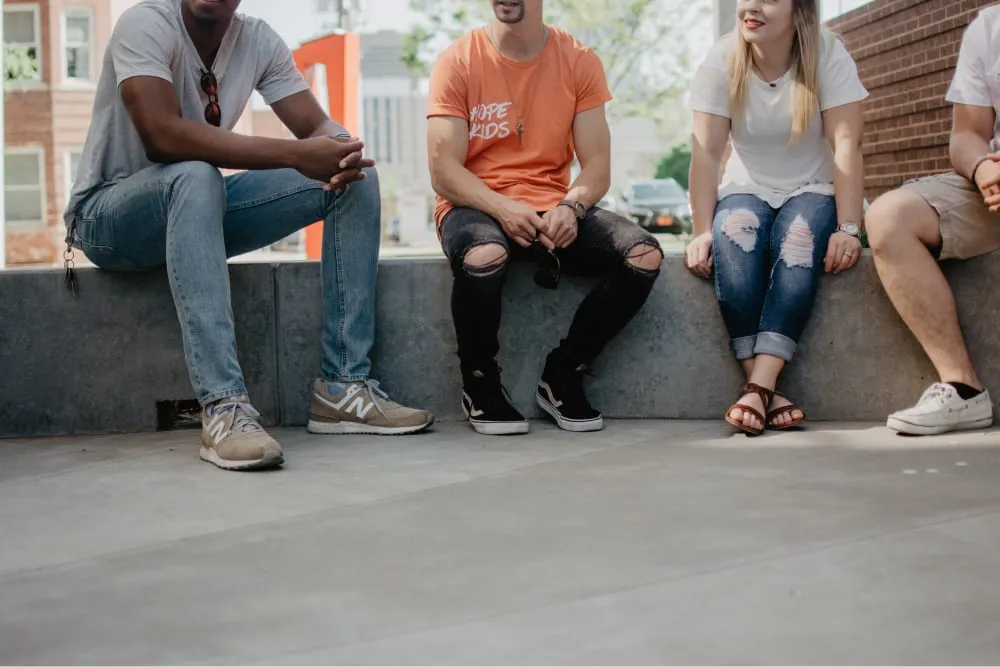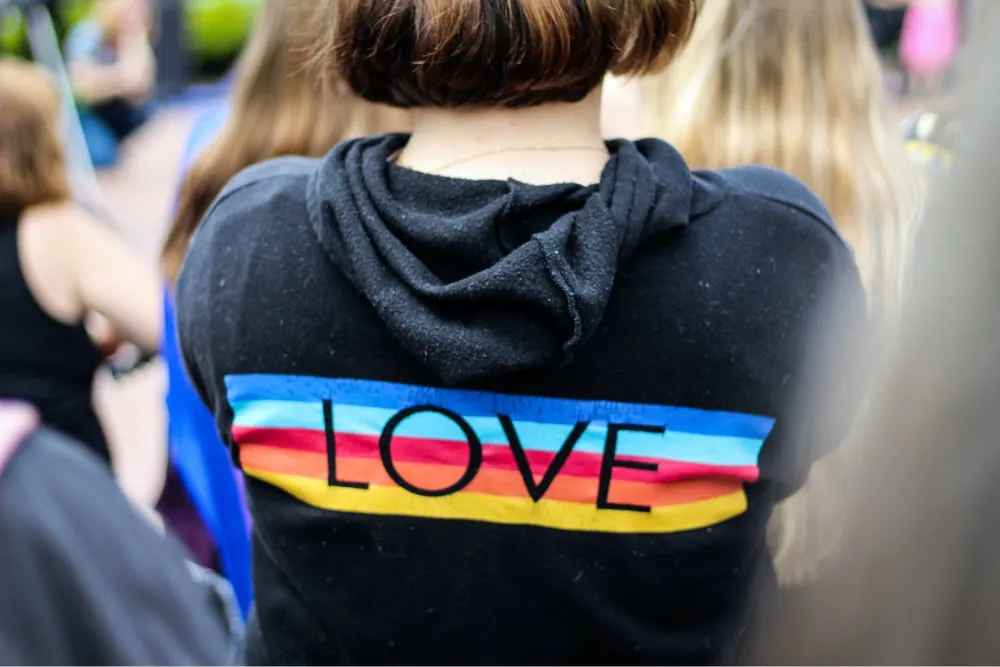What is the pro-ana movement?
For decades, people living with eating disorders including anorexia nervosa have taken to the internet for empathy and support. Through blogs, YouTube videos, chats and websites, individuals created spaces where people could connect with others who were also dealing with these physically and mentally devastating disorders.
Many of these online groups offer a safe space for people with anorexia nervosa and other eating disorders to form important bonds with other people who know exactly what it’s like to live with an eating disorder. These social connections are vital in eating disorder recovery as they help to reduce alienation and isolation, allowing individuals to access authentic and empathetic support during their most difficult moments.
However, some eating disorder community websites foster a dangerous subculture that promotes dangerous eating behaviors and places an extreme value on thinness, which has the potential to worsen eating disorders and endanger lives.
This alarming subculture is known as the pro-ana (short for pro-anorexia) movement. (2) As the name suggests, these online spaces educate people on how to incorporate disordered eating behaviors into their lives, hide these behaviors from loved ones, and encourage single-minded fixation on the achievement of an extremely thin body.
Pro-ana sites will often feature photos of extremely skinny individuals, tips for restricting food, ways to suppress hunger pains, strategies to disguise weight loss, and “thinspiration” memes and slogans.
The subculture extends to social media sites, particularly Instagram and twitter, where it spreads through hashtags and coded language and emojis. Harmful hashtags are hard to manage and regulate, especially as they can be changed rapidly or use words with multiple meanings.
Why is the pro-ana movement so dangerous?
Perhaps the most dangerous thing about the pro-ana movement is that it implies that disordered thoughts and behaviors associated with anorexia nervosa are lifestyle choices as opposed to the symptoms of a serious illness.
Pro-ana communities tend to normalize and support the unhealthy behaviors characteristics of anorexia nervosa and other eating disorders, such as the extreme restriction of calories, excessive exercise, and the use of laxatives and diuretics, to achieve or maintain low body weight.
The fact is that anorexia nervosa is a life-threatening condition. By labeling it as a lifestyle choice, pro-ana sites discourage entering treatment, which can have serious implications on a person’s mental and physical wellbeing. The longer a person suffers from anorexia nervosa, the worse the effects become, which can include severe malnutrition, organ failure, and even death.
Some may be of the view that pro-ana sites provide a place for those living with anorexia nervosa and other eating disorders to speak openly about their experiences, a place to release their anxieties and frustrations. However, they have the potential to worsen the symptoms of a person’s eating disorder by encouraging self-starvation and the glorification of emaciated bodies.
The pro-ana movement can have an almost cult-like appeal for those who engage with it, which can be especially dangerous to vulnerable young people. Pro-ana websites and communities often use specific language and symbols which convey insider status and can create an enticing sense of belonging and specialness.
Why do people create pro-ana content?
One might assume that those who create pro-ana content do so with malicious intention, being completely aware that they’re encouraging others to develop or continue to have anorexia nervosa. But typically, this is not the case.
Pro-ana content is usually created by people who are living with an eating disorder themselves, who have complicated feelings about their illness and the idea of recovery. Often individuals behind these websites are looking for acceptance, but when the sites become a place for users to swap eating disorder tips and engage in dangerous challenges or competitions, the result can be very harmful.
How can I help someone visiting pro-ana sites
Pro-ana websites are popular as they give people living with anorexia nervosa and other eating disorders a place to express their thoughts and feelings without judgment. (4) Eating disorders can be very isolating and pro-ana sites offer people a way to connect with like-minded individuals.
However, these sites can also encourage increasingly disordered activities and push people toward unhealthy goals and behaviors, instead of towards recovery. (3) If you know your loved one is visiting pro-ana sites, consider inviting them into a non-judgmental conversation about how things are going in their life. If they are experiencing distress related to food and body or are looking for an accepting community, help them connect with supportive resources, including eating disorder support groups, and treatment programs.
To help a loved one reduce their usage of pro-ana websites, it is important to help find other ways to feel like they are not alone in their eating disorder and can be honest about what they are going through. Helping them find alternative ways to achieve connection and express what they are going through is crucial, and this may look like finding a therapist, a trusted friend or family member, or a recovery coach. Eating disorder support groups (online or in person) and recovery forums can provide a larger sense of community for someone living with an eating disorder without the harmful exposure to “thinspiration” and encouragement of disordered behaviors present on pro-ana sites.

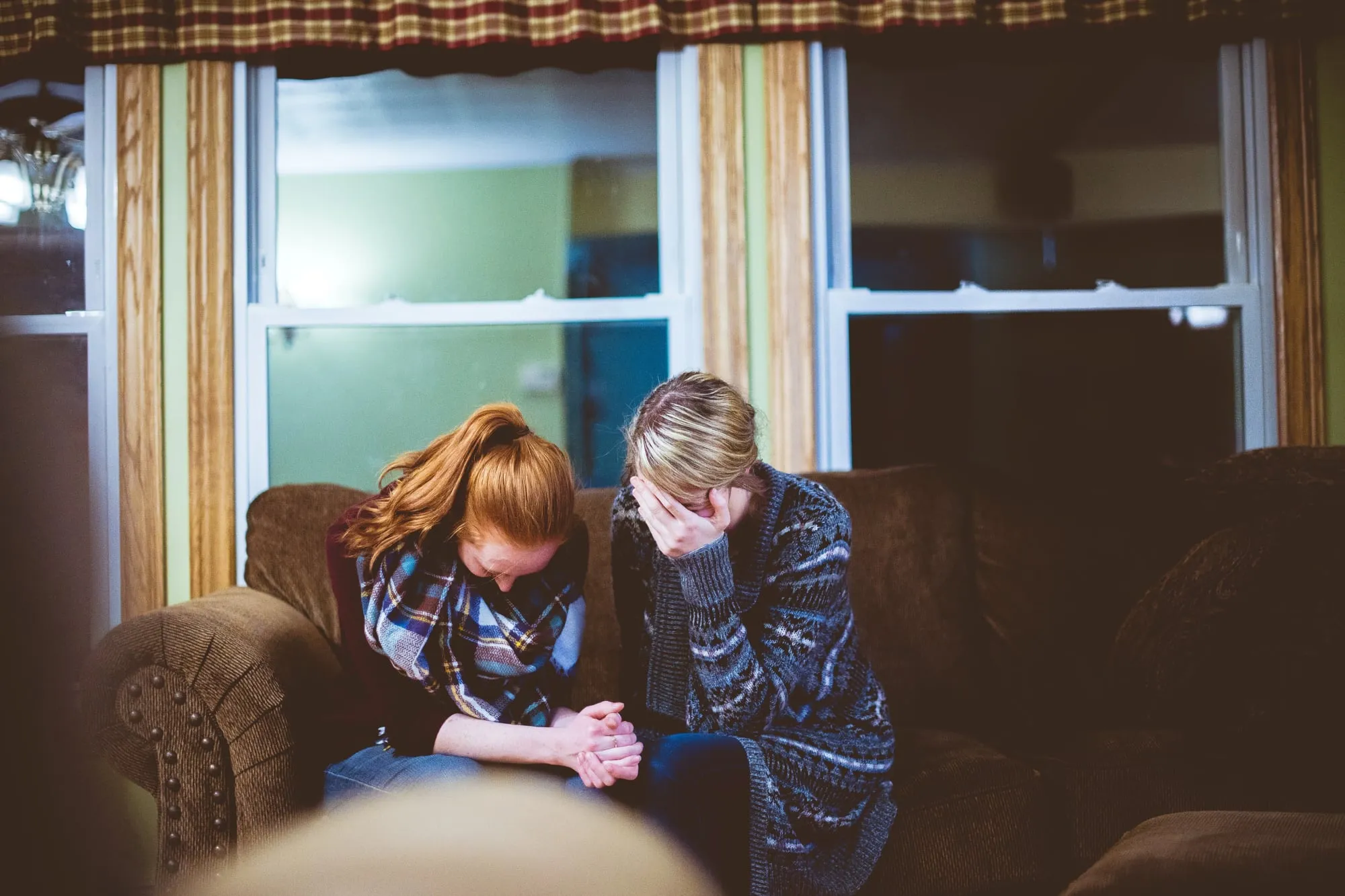














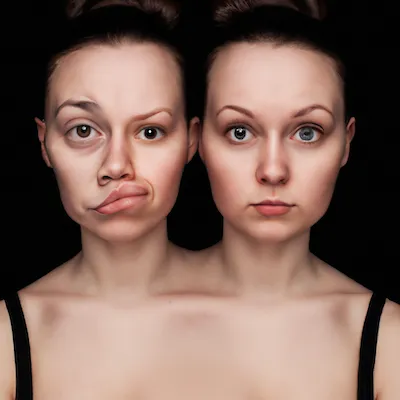
%2520THUMB.webp)

